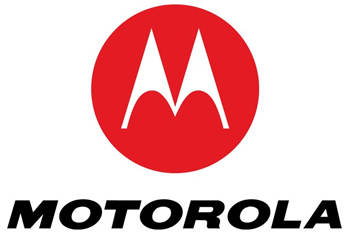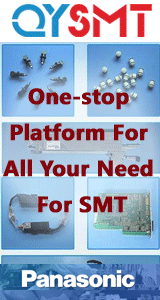Motorola Mobility LLC.

Motorola Mobility makes Android smartphones and Bluetooth accessories to keep people connected.
Motorola Mobility is an American mobile device manufacturer headquartered in Chicago, Illinois. The company was formed on January 4, 2011 by the split of Motorola Inc. into two separate companies; Motorola Mobility took on the company's consumer-oriented product lines, including its mobile phone business and its cable modems and set-top boxes for digital cable and satellite television services, while Motorola Solutions retained the company's enterprise-oriented product lines.
Motorola created the mobile communications industry. We invented most of the protocols and technologies that make mobile communications possible, including the first mobile phone, the first base station, and most everything in between.
Today, we are combining that pioneering spirit with a renewed commitment to consumers. That’s why our phones run on Android, the world's most popular operating system. Android brings the openness that shaped the Internet to the mobile world. That’s also why we are dedicated to bringing consumers around the world great value through devices that don’t compromise on quality, experiences or style.
For the past 80 years, our engineers have thrived on invention and on finding new ways to solve problems. We continue to look for new opportunities to change people’s lives for the better through the magic of mobility.
Motorola Mobility LLC. Postings
1 technical article »
IMPACT OF 0201 COMPONENTS ON CURRENT MANUFACTURING SYSTEMS
May 02, 2023 | Andrew Butterfield, Mark Guilford, Kevin Pieper
The use of 0201 components in consumer products offers a major competitive advantage over other products since they allow significant design miniaturization. This leads to either smaller products or allows more features integrated into the same package size. One of the critical aspects of having the capability of placing 0201 components in any product is the ability of the manufacturing equipment to handle such small components. Many process studies have been completed by manufacturers and equipment suppliers and have shown that tight process windows are required. The current process control for 0402 components is CpK > 1.5 with a 150μm specification window. For 0201 components, the minimum requirement is CpK > 2.0 with a 100μm specification window. The spec window may need to be reduced down to 75μm if the controls for high volume manufacturing are insufficient. Also directly impacting the placement quality is the ability to apply sufficient solder consistently to the board. The goal is to maintain current printing practices, but the effect of powder size will be examined. This paper will evaluate the impact of placement accuracy and solder powder size on 0201 manufacturing quality....
4 news releases »
Motorola Announces Manufacturing Balance Tool In Its Manufacturing Software Suite
![]() Jan 22, 2002 | Motorola offers manufacturers an additional tool to improve operating efficiency with the introduction of Manufacturing Balance at the APEX trade show this week in San Diego, California. This best-in-class production optimization tool, introduced by Motorola's Global Software Group, will determine the optimum build plan for an entire factory with unmatched speed and accuracy. Production is optimized by grouping similar products and then assigning them to the most capable lines in a manufacturing facility.
Jan 22, 2002 | Motorola offers manufacturers an additional tool to improve operating efficiency with the introduction of Manufacturing Balance at the APEX trade show this week in San Diego, California. This best-in-class production optimization tool, introduced by Motorola's Global Software Group, will determine the optimum build plan for an entire factory with unmatched speed and accuracy. Production is optimized by grouping similar products and then assigning them to the most capable lines in a manufacturing facility.
![]() Dec 03, 2001 | Motorola to Preview Next-Generation 0.10 micron CMOS Technology and New Gate Dielectric Material at World's Leading Semiconductor Device Conference
Dec 03, 2001 | Motorola to Preview Next-Generation 0.10 micron CMOS Technology and New Gate Dielectric Material at World's Leading Semiconductor Device Conference
Motorola Chief Hints At Eventual Chip Unit Sale
![]() Nov 16, 2001 | Motorola's chairman of the board and chief executive, Chris Galvin, hinted this week that the company might consider the sale of its struggling semiconductor business once that unit returned to profitability.
Nov 16, 2001 | Motorola's chairman of the board and chief executive, Chris Galvin, hinted this week that the company might consider the sale of its struggling semiconductor business once that unit returned to profitability.
Motorola Invents Tunable LCD Technology
![]() Mar 28, 2001 | Motorola has invented and demonstrated a new display mechanism for color reflective liquid crystal displays (RLCD), the type of display commonly found in portable electronic products such as cell phones and PDAs.
Mar 28, 2001 | Motorola has invented and demonstrated a new display mechanism for color reflective liquid crystal displays (RLCD), the type of display commonly found in portable electronic products such as cell phones and PDAs.






